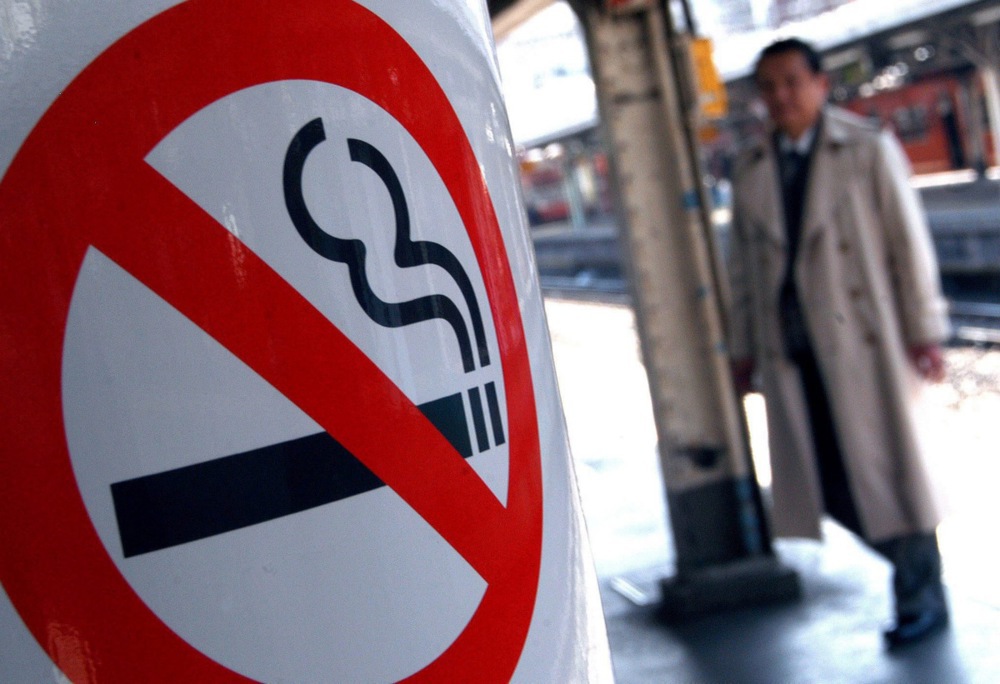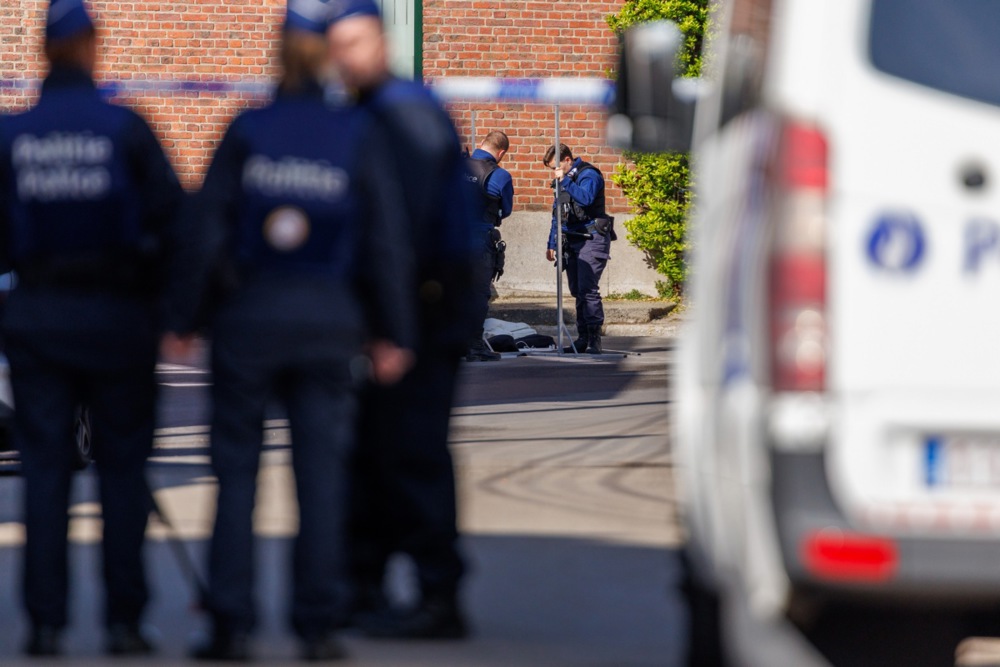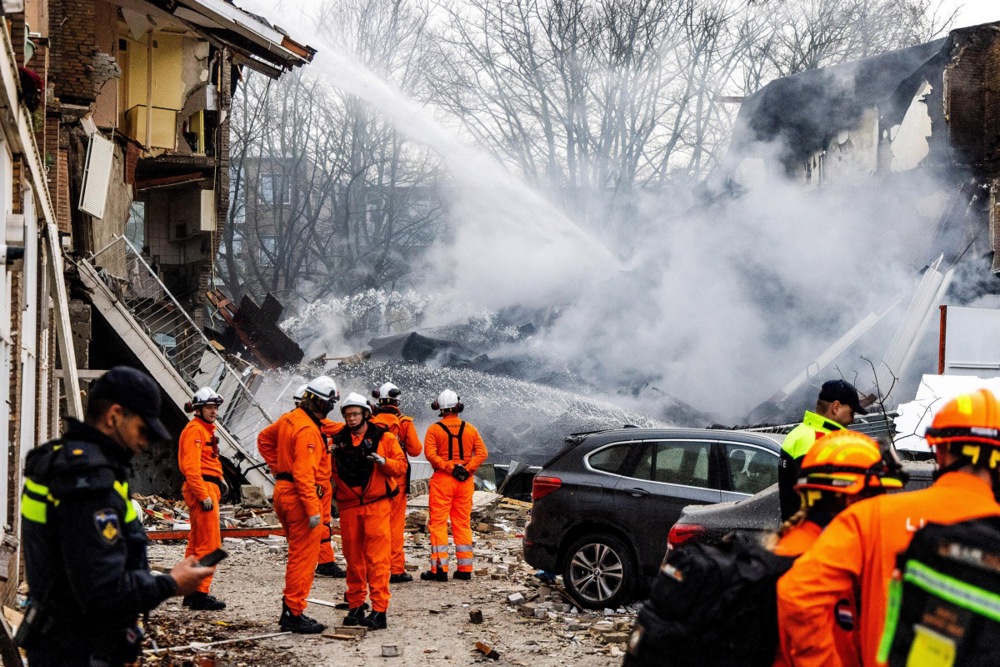European countries have been struggling with illicit tobacco trade but their own policies were making matters worse, a study has shown.
According to the 2024 KPMG study, commissioned by US tobacco company Philip Morris International (PMI) and published on June 11, the use of counterfeit cigarettes in the EU rose sharply in 2024.
That year, 38.9 billion illicit cigarettes were consumed in the region – the highest level since 2015 — accounting for 9.2 per cent of total cigarette consumption. Governments lost as much as €14.9 billion in tax revenues, at a time when many faced intense economic pressures.
Of the 38.9 billion illicit cigarettes consumed in the region, around 15.3 billion were counterfeit products — fake versions of legal brands – a 20.2 per cent increase compared to 2023. The rest were largely contraband or “illicit white” cigarettes.
The number of illicit whites — legally manufactured cigarettes smuggled across borders to countries where they had limited or no distribution — reached 8.2 billion in 2024.
PMI noted that tax increases benefited criminals who supplied unregulated, untaxed and inferior products, including counterfeits, at a lower price.
Christos Harpantidis, PMI’s Senior Vice President, External Affairs, told Brussels Signal in a reaction to the research that restrictive policies, such as those promoted by the European Union, were to blame and that they hurt governments.
Harpantidis stressed the scope of the problem.
“The total illicit cigarette market in the EU now rivals the legal market in Spain and is over twice that of Bulgaria’s legal market. This reduces government revenue crucial for strengthening the economy and increasing competitiveness in the EU,” he said.
He added that one of the reasons for this was “extremely restrictive regulations” in some member states.
“It has been observed that member states with high levels of taxation and overly restrictive regulatory regimes, which apply the same rules to all products, tend to experience a decline in the legal market and an increase in illegal activities.
“France and the Netherlands are top of the list in this regard. The two highly-taxed and highly-priced markets are extremely vulnerable to the illicit tobacco trade, leading the dark ranking in the EU with highest illicit cigarettes consumption increase for 2024 and significant tax revenue losses,” Harpantidis said.
“The tax revenues loss in France has reached record high €9.4 billion, while in Netherlands it has tripled in a year, reaching almost €900 million.”
Asked about regulatory gaps in the EU, Harpantidis pointed to high-tax and border regions that fuelled illicit trade, naming France and the Netherlands again.
“France recorded illicit cigarette consumption at 38 per cent of total use, placing it among the world’s largest illicit markets alongside Pakistan, Panama, Iran, and Iraq,” he said.
“Strict anti-tobacco legislation has backfired: France still has one of the highest smoking rates in the EU, lost €9.4 billion in tax revenue, and faces rising insecurity linked to criminal activity.
“The Netherlands followed a similar path, experiencing the EU’s largest increase in illicit cigarette share in 2024,” he continued.
“After steep excise tax hikes from 2020 to 2024, illicit consumption more than doubled in a year, reaching 18 per cent of total use.
“This led to nearly €900 million in lost tax revenue and a growing black market that threatens public health and safety,” Harpantidis said.
The tobacco industry is not “against regulation or taxation” but it must be “predictable and reasonable,” according to Philipp Hansen, European affairs director at Japan Tobacco International. https://t.co/Th0rAT2Wvj
— Brussels Signal (@brusselssignal) April 16, 2025
In contrast, he said, countries including Greece, Bulgaria, and Portugal did much better through evidence-based regulation, predictable taxation and strong enforcement.
“Greece saw the largest drop in illicit consumption in the EU, from 23.7 per cent to 17.5 per cent in one year. Outside the EU, Ukraine also achieved a 29 per cent decline despite geopolitical challenges,” Harpantidis said.
” The EU must close regulatory gaps by learning from these models—balancing control with pragmatism — to protect public finances, health and security.
“The fight against illicit tobacco trade could lead to a significant increase in state revenues, stronger public security, and greater investment in innovation and development.”
Harpantidis noted that the illicit trade provisions of the current EU Tobacco Products Directive (TPD) had been in full effect since 2024 but said it was too early to determine how well the entirety of this directive had addressed the illicit trade of all products under the scope of the TPD.
One strength of the system, Harpantidis said, was that it offered flexibility to address specific public health concerns on a member state level.
He also praised the EU’s track-and-trace system, calling it “a good example of how public-private partnerships can contribute to addressing regulatory objectives”.
“However, it addresses only diversion of genuine goods in the internal market, but not rogue manufacturers: fakes and illicit whites constitute more than 50 per cent of all illegal volumes in Europe,” he added.
“Technology alone cannot solve illicit trade: there is need for holistic solutions which range from reasonable fiscal regimes to enforcing the law at international level. ”
Looking at the challenges the EU faced, Harpantidis said: “We need to do three things: One, enhance our competitiveness. Two, protect the economy and the European Market and three, support innovations. Overly restrictive regulation would do the opposite.”
Regarding illicit trade online, he noted there was sufficient regulation but a lack of enforcement.
“If we continue to address problems of enforcement of existing rules with creating new rules, we will make matters worse. The legal market, which we can control, will shrink further and the illicit market, which we already struggle to contain, will grow,” he said.
Harpantidis warned that the EU could not allow the illicit tobacco market to expand further, as in 2024 alone it cost €15 billion in lost tax revenue, with serious repercussions on crime rates and public health.
“In a time when EU is striving to revive its competitiveness, invest in science and R&D to counterbalance China, and close the innovation gap with the US, losing almost €15 billion states revenues in a year due to criminal organizations, is a luxury the EU can no longer afford,” he said.
The Senior Vice-President said PMI advocated for evidence-based regulation, predictable taxation through structured tax calendars, continued public-private collaboration and stronger support for law enforcement. That was especially in high-priced Western European countries where criminal networks have become entrenched.
“Heated tobacco products are also emerging as a new frontier, with early signs of contraband activity,” Harpantidis warned.
“The lesson is clear: Governments must avoid repeating past mistakes — excessive taxation and prohibitionist policies that fuel black markets — and instead adopt long-term, evidence-based strategies that combine fiscal predictability, harm reduction, and strong enforcement.
“Europe must choose data over dogma to protect its economy and public health.”
COMMENT: The European Commission's plan to raise taxes on cigarettes and e-cigs is a bureaucratic overreach that will backfire. It will fuel crime, hammer the poor, and erode personal freedom, writes @BogdanosK. https://t.co/I0ZAuqysVV
— Brussels Signal (@brusselssignal) June 2, 2025





